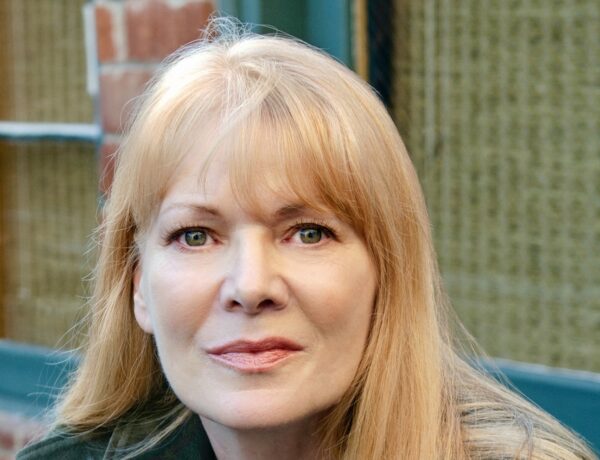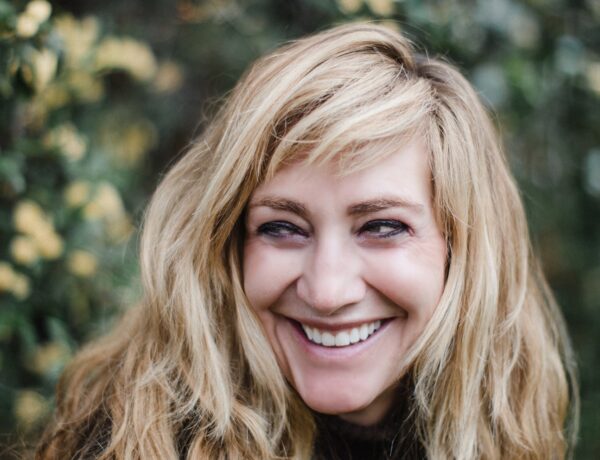Charles Glass, an experienced journalist and author, has covered conflicts in the Middle East, Africa, and Europe for over 45 years.
He is a fellow at New America’s International Security program and has penned influential books on the Middle East like Tribes with Flags, The Northern Front: An Iraq War Diary, and Syria Burning: A Short History of a Catastrophe.
His works on World War II include Americans in Paris: Life and Death Under the Nazi Occupation, 1940-1944 and The Deserters: A Hidden History of World War II. His latest book, They Fought Alone, explores British espionage in Nazi-occupied France.
Hi Charles, thanks for joining us today. You’ve written extensively about conflict in the Middle East, Africa, and Europe over the past forty-five years. What first drew you to this area of reporting?
I happened to be in Beirut studying for a masters in philosophy when the October War of 1973 broke out. Peter Jennings and Bill Blakemore hired me to help out in the ABC News Beirut bureau, and soon I was travelling to Syria and Egypt, then further afield for ABC. It was a serendipitous beginning.
You were abducted and held hostage by Shiite Muslim captors in 1987. Can you talk about your experience and how it has impacted your work as a journalist?
There isn’t much to say about the captivity that is not in my book Tribes with Flags: A Dangerous Passage through the Chaos of the Middle East. It hasn’t impacted my journalistic work at all.
Your books on the Second World War, including Americans in Paris: Life and Death Under the Nazi Occupation, 1940-1944 and The Deserters: A Hidden History of World War II, offer unique perspectives on the conflict. What inspired you to write about these topics, and what do you hope readers take away from your work?
I was living in Paris and noticed the many memorials to those who either resisted or endured the German occupation between 1940 and 1944. I wondered how I, an American, might have reacted to the situation. Then I realized there must have been many Americans who were in Paris when the Germans invaded. It turned out there were more than 5,000.
America was neutral in the war at that time, and many remained. I looked into their lives and discovered some great stories. For Deserters, it was a matter of looking at the reasons so many Allied soldiers – 50,000 Americans and 100,000 British – abandoned their units during the war. No one had touched the subject, and it became compelling.
You’ve made many documentary films for U.S. and British television, including Pity the Nation: Charles Glass’ Lebanon and Edward Said: The Last Interview. How does your approach to storytelling differ between film and writing, and what do you find most rewarding about each medium?
I prefer writing to documentary making, if only because with a book the responsibility is mine, albeit with the help of a good editor. With documentaries, so many people are involved that it’s difficult to predict the outcome. I’ve been fortunate in working with some great producers, film and video editors, camera and sound personnel. The films are more to their credit than mine.
In 2011, you founded Charles Glass Books, an imprint of independent London publisher Quartet Books. Can you talk about the types of books you look for when acquiring titles for the imprint, and what you hope to achieve with the imprint?
My original intention was to publish original journalistic works – whether investigative or polemical – but without funding to pay decent advances, it was hard. The first book we published was Stephan Hessel’s Time for Outrage, which I translated from its French original Indignez-Vous! It had already been a bestseller in France, and it did well in Britain. For the subsequent books, the authors – Don Guttenplan, John Borrell, John Bird and others – were great to work with, but I felt a burden of guilt that they did not make much money out of their fine work. Sadly, the publisher of the group under whose umbrella I worked died, and my imprint died with him.
What advice would you give to aspiring journalists and writers who are interested in covering conflict and politics, particularly in the Middle East?
Do your homework, don’t trust anyone, protect your sources and be fair.
Can you tell us about your writing routine? What does a typical day look like for you?
Breakfast, procrastination, lunch, more procrastination, daydreaming, then perhaps some writing. This may be why it takes me so long to finish a book.
If you could have a conversation with any author throughout history about their writing routine and creative process, who would that person be?
There are two, Joseph Roth and Mikhail Bulgakov. I’d love to know how Roth managed to produce all those fine novels while constantly on the run from the Nazis and nearly starving. And I would love to hear from Bulgakov how he conceived and completed his masterpiece, The Master and Margarita, under the prying eyes of Stalin’s secret police without publishing it in his lifetime. Both were fascinating men and brilliant writers. Roth’s sometime lover, Irmgard Kuen, would also be worth meeting – a fascinating storyteller whose novels matched his for insight and empathy. Finally, I’d like to meet Pat Barker as well, if only to tell her how much I love her novels.
I’d love to know about the books you’re reading at the moment. What have been some of your favourite recent reads?
Apart from non-fiction works I’m reading for work, I just finished Ford Madox Ford’s Parade’s End trilogy and Andrey Kurkov’s Penguin Lost, and now I’m on John Dos Passos’s USA trilogy and some early novels by Graham Greene.
What does your current writing workspace look like?
A mess.



No Comments